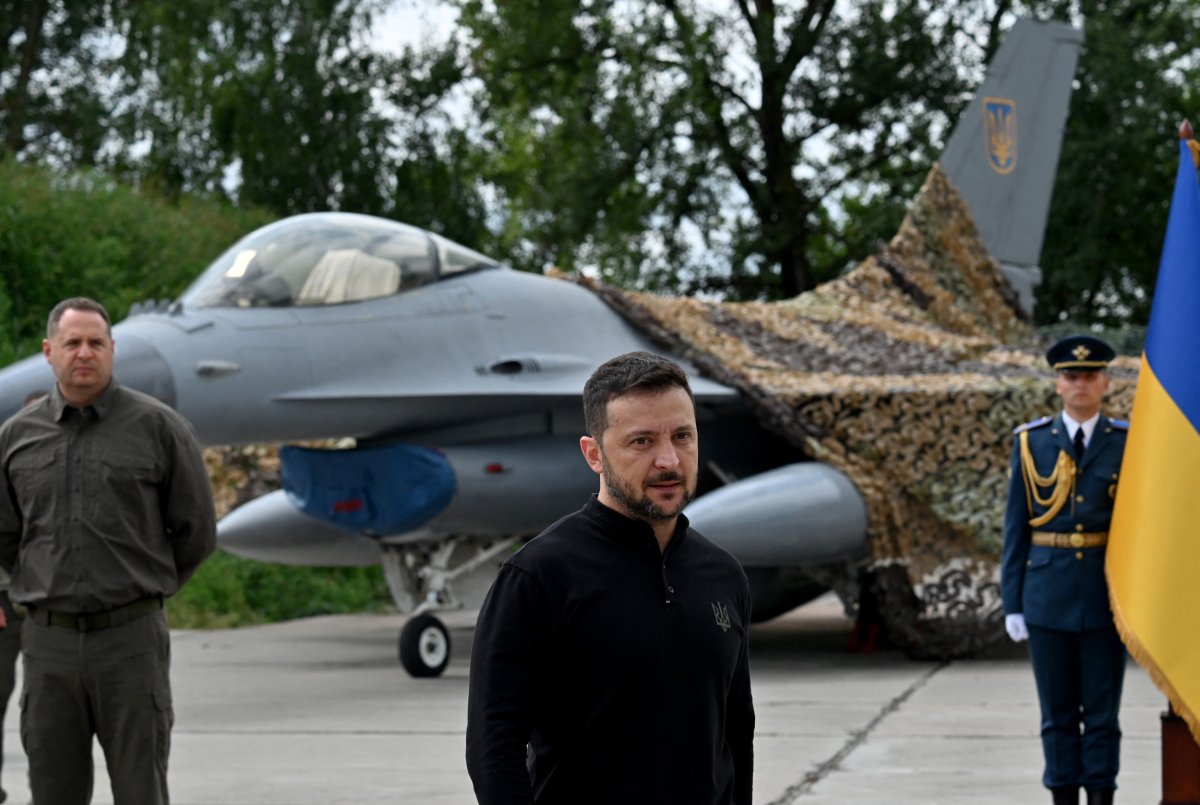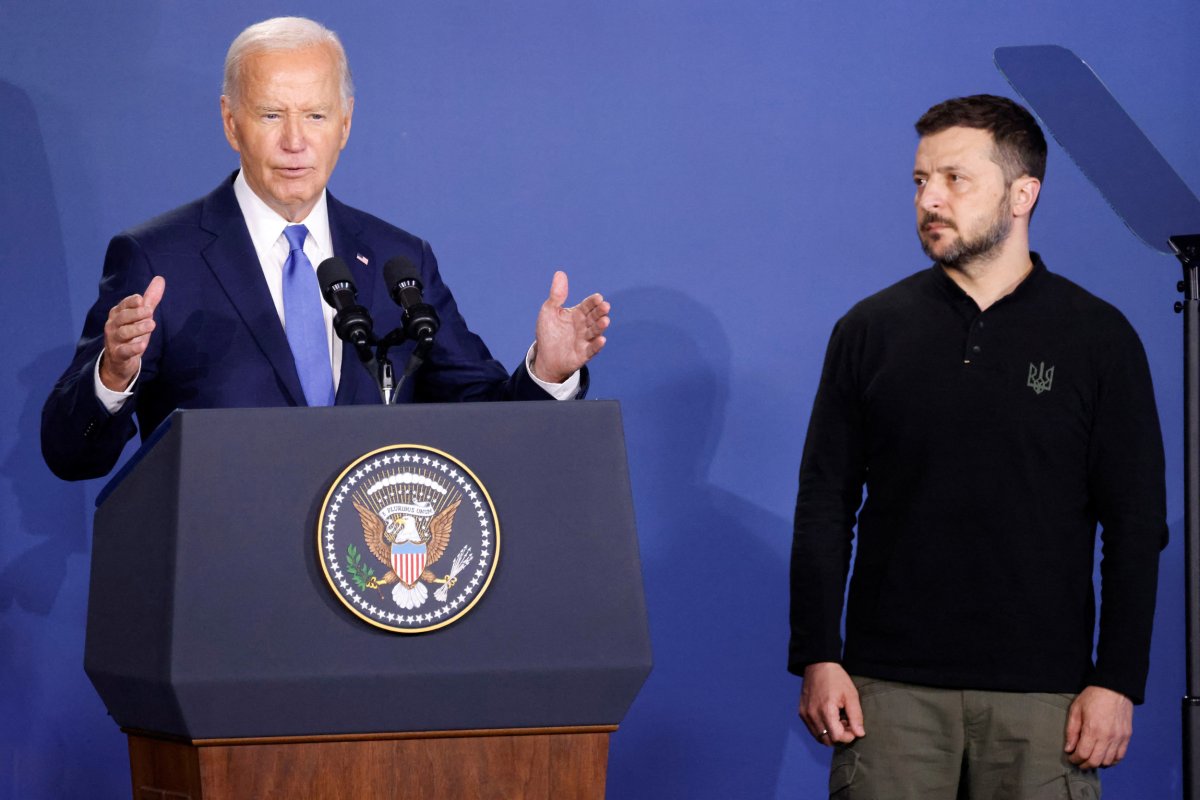As the Russian invasion of Ukraine continues to descend into attritional warfare, some experts believe the West lacks a cohesive and effective plan for bringing the conflict to a decisive conclusion.
According to the Kiel Institute, the U.S. and Europe have allocated around €176 billion in support for Ukraine as of April 30. While financial and military assistance shows few signs of abating, it may be the case that this aid is both too little and too late, hindering Ukraine’s chances of achieving victory, according to analysts.
John Lough is an associate fellow at Chatham House’s Russia and Eurasia Program in London, and previously served as a NATO representative stationed in Moscow.
“Western countries are still prepared to support Ukraine but they have no strategy for ending the war,” Lough told Newsweek. “They missed an opportunity in 2022 to give Ukraine what it needed before the Russians dug in and started to prepare for a long war.”
Newsweek has contacted NATO to inquire about its strategy for the conflict and to ask whether it considers the funding for Ukraine insufficient.

Sergei Supinsky/AFP via Getty Images
Lough’s remarks were in response to the delivery of Ukraine’s first batch of F-16 fighter jets last week, which President Volodymyr Zelensky on Sunday said were already operational.
However, Lough said that their delivery alone was insufficient to turn the tide in the conflict.
“A much more important question, in my view, is whether the U.S., U.K. and France will drop restrictions on the use of their missiles to allow the Ukrainian army to attack targets in Russia itself,” Lough said.
When President Joe Biden first made the commitment to supply Ukraine’s air force with the American-made jets, he said this was on the condition that these would not be used to launch attacks on targets within Russia.
“The West is still more concerned about short-term risks of escalation than the long-term consequences of Ukraine losing the war,” Lough said.

Ludovic Marin/AFP via Getty Images
Lough previously co-authored a June 2023 report titled “How To End Russia’s War on Ukraine,” in which he argued that the West should “demonstrate to the Kremlin that it will devote the necessary resources to preserving Ukraine’s independence.”
Timothy Ash, an associate fellow at Chatham House and another contributor to the report, echoed Lough’s concerns, and said that the general consensus was that the West had been overly cautious in kitting out the Ukrainian military.
“I think most Ukraine watchers—I have covered Ukraine for 36 years—are just frustrated with the overabundance of caution when it comes to arms supplies to Ukraine,” Ash told Newsweek, adding that the West should not be intimidated by Russian saber-rattling in response to this assistance.
“What we should have learned about Putin over the last 2.5 years is that he is scared of a direct conflict with NATO as Russia would lose any conventional war therein very quickly,” Ash said. “And hence actually his red lines on NATO arms deliveries to Ukraine are very weak.”
“We should just go full throttle and supply Ukraine with the full complement of conventional kit needed to defend itself,” he added. “That is the easiest way to deter Putin.”
Do you have a story we should be covering? Do you have any questions about this article? Contact LiveNews@newsweek.com.

Post a Comment